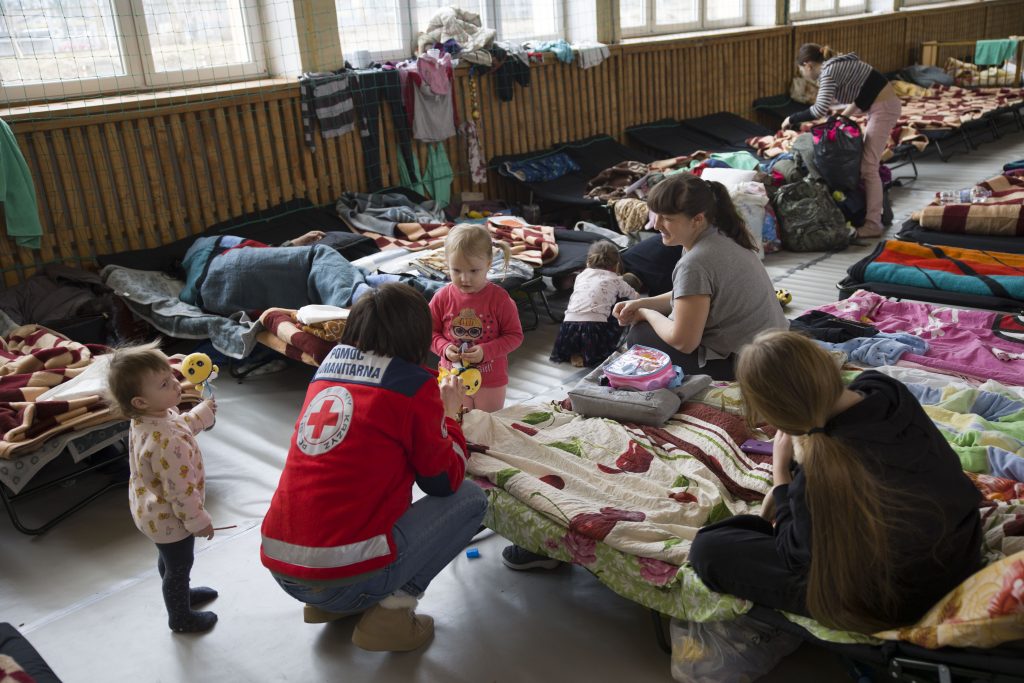12 March 2022

Two Luxembourg Red Cross staff members are flying to Moldova today (friday, March 12th) to help organise emergency aid for thousands of Ukrainians fleeing their country. Moldova is the country in the region that currently hosts the largest number of refugees in relation to its population.
“Together with our Moldovan colleagues and the International Committee of the Red Cross (ICRC), we are opening an office on the border with Ukraine to coordinate aid to the thousands of people arriving every day,”
explains Rémi Fabbri, director of the ICRC’s emergency relief programme.
Moldova, located south-west of Ukraine, is one of the poorest countries in Europe. “Moldova does not have the means to cope with this crisis. The country’s gross domestic product is six times lower than that of Luxembourg, even though it has six times the population,” says Rémi Fabbri. “Our job will be to quickly understand what needs to be done where and then to organise the delivery and distribution of aid.”
The Red Cross emergency response system is based on a logic developed and refined over decades. The Ukrainian Red Cross provides assistance within the country with the material support of the 191 other national Red Cross and Red Crescent societies from across the globe. The ICRC intervenes between the opposing sides, to secure and ensure the establishment of humanitarian corridors, the arrival of aid, the protection and evacuation of civilians. In neighbouring countries, host national societies, supported by colleagues from other national societies, care for people who have fled the conflict and provide emergency aid.
Rémi Fabbri is accompanied on this mission by Myriam Jacoby, head of the Ukraine desk. They will meet Vladimir Petrov, head of mission of the Luxembourg Red Cross in Ukraine.
The victims of the conflict need urgent humanitarian aid. There are many needs:
Photo: ©RC NL ; As here in Lublin, Poland, the Luxembourg Red Cross, in collaboration with the ICRC and the Moldovan Red Cross, will open an office at the border to organise logistics and to cover the needs as best as possible.